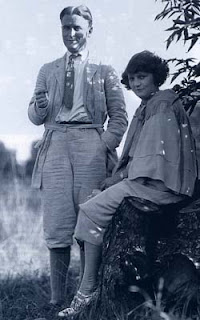
This weekend, our daughter visited us. While she was here she let us watch the rough cut of a short film she’s producing. And then she and I talked about how much effect on a film the editor has, how much each decision an editor makes affects the final work.
But I drew no parallel with the process of editing written narrative. Really, I didn’t. We were talking about movies. And I don’t want to draw that false parallel here either.
The more interesting part of the conversation, I think, was about the relationship between character and story—a discussion we all took part in. Our daughter listened as we described what we knew of the characters in her short film from the little things they had done on screen during those ten rough-cut minutes. And we talked of what we understood the backstory to be from what we knew of the characters. I realized we were projecting forward and backward from what we saw in the simple present of the film.
This led our daughter to thoughts about another project. She asked me about character motivation within a script she has already commissioned. And I gave her my thoughts on whom I thought the characters in that other story would likely be, given what she said they would do within the story. (Yeah, I know, what do I know?)
Later, I watched her quickly map out a sequence of events and an ensemble of characters for a project that came to her, it seems, only on Sunday.
It was a weekend of narratives — visual narratives.
Somewhere along the way, I thought that all those years of movie watching (she was addicted to Hollywoodland movies before she could talk — I’m not kidding) — all those years had powerfully formulated for our daughter a useful sense of the plot-character relationship even as they made her into a visual thinker.
(I should say that through her teen years she was also a devoted reader of 19th Century novels.)
Before she got on the plane, the three of us also talked long about what comes next — for her, for us, for her older brother. And I realized that we all look at our lives with an eye toward constructing feasible scenarios and defensible histories.
So often have I argued that narrative is hardwired into the human brain. But this weekend I had a second thought — that story is the basis of our sense of self.
For a certain kind of character, realizing this while driving his grown daughter to the airport can be a great deal like the sensation he has finding his own face in a photograph from a time when he was as young as she is now.

